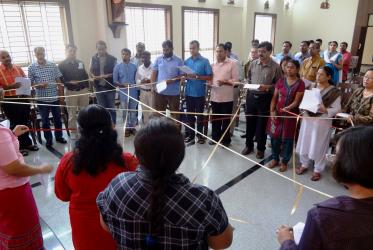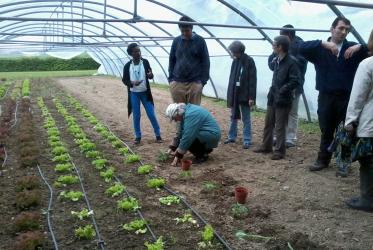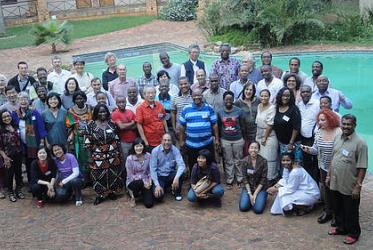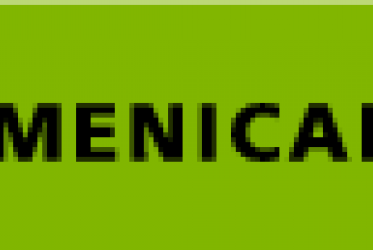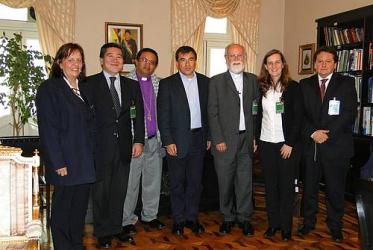Displaying 681 - 700 of 796
Lutherans call for day of fasting around climate change meetings
13 November 2013
WCC joins a call to protect climate refugees
24 September 2013
Indian churches reflect on the WCC assembly theme
26 August 2013
WCC calls churches to speak against corruption
20 August 2013
Churches engage in development dialogue on Africa
06 March 2013
Statement on global economy delivered to Bolivia
15 January 2013
Letters to the future: Eco-justice visions in South Africa
13 December 2012
WCC delivers climate change statement at COP 18
07 December 2012
WCC delegation in Doha advocates for climate justice
05 December 2012
Nigerian youth adopt eco-justice for urban neighbourhoods
28 November 2012
EWN observes World Toilet Day at a village in India
26 November 2012

